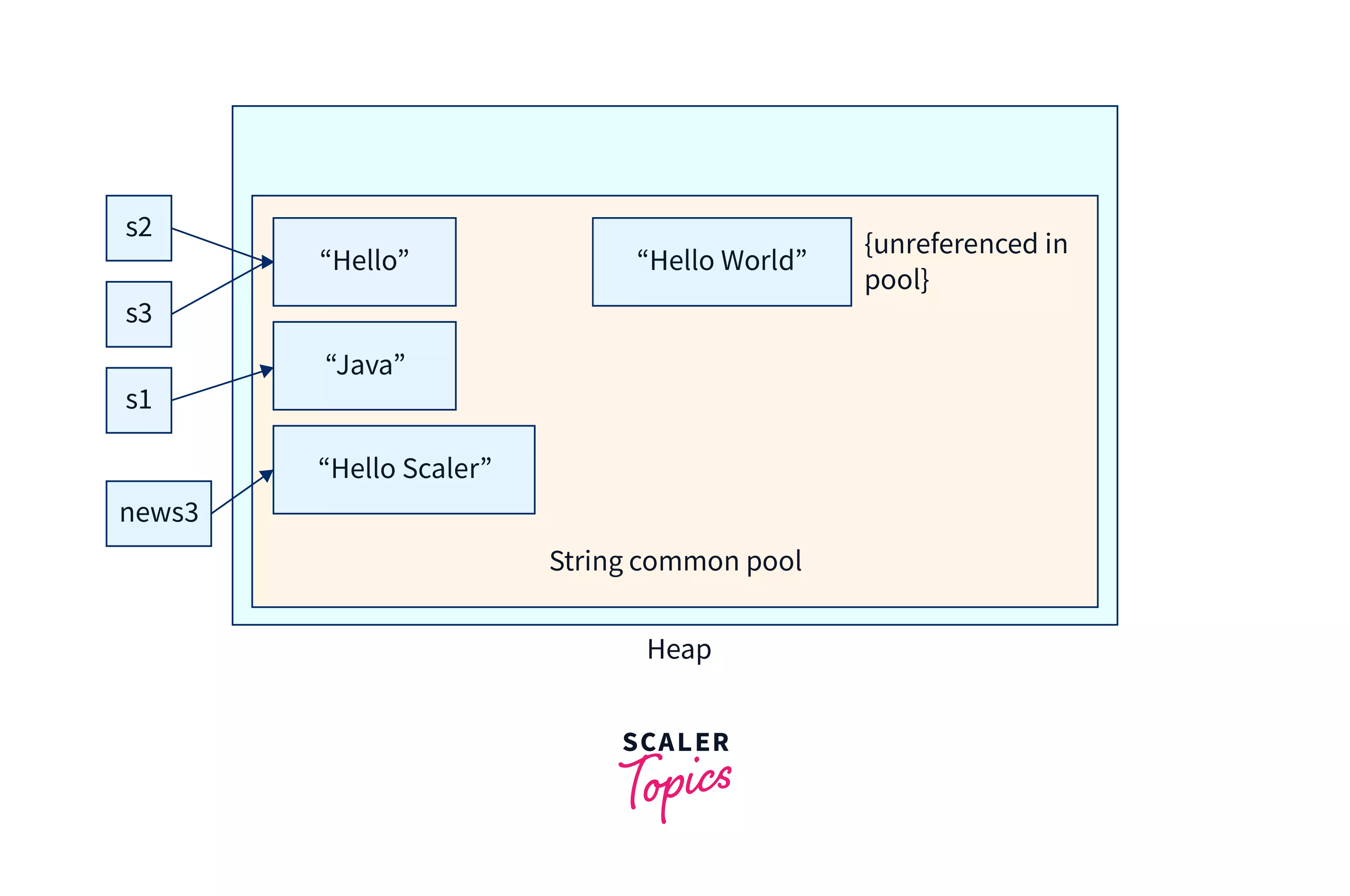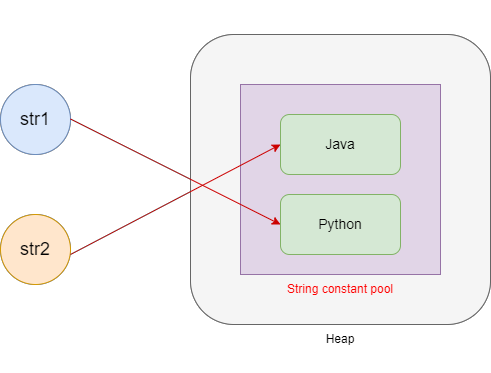Why Are Strings Immutable in Java? Thorough Evaluation for Developers
What Is Immutable Strings and Just How It Functions
In the realm of programming, understanding the concept of immutable strings is paramount for creating durable and protected applications. Immutable strings refer to strings that can not be changed after they are developed, making sure data integrity and predictability within the code. This fundamental principle plays a critical duty in different programming languages and provides an unique approach to handling information. By exploring the ins and outs of how unalterable strings operate, one can uncover a globe of advantages and possibilities that can raise the top quality and effectiveness of software development.
The Basics of Unalterable Strings
Unalterable strings, as a fundamental principle in programming, are personality series that can not be altered as soon as they are created. This implies that when a string is designated a value, that value can not be changed. In languages like Python and Java, strings are unalterable items, resulting in numerous effects in regards to memory administration and information stability.
Among the crucial benefits of unalterable strings is that they offer a complacency in data control. Since the web content of an unalterable string can not be changed, it guarantees that the initial information remains undamaged, lowering the danger of unintentional adjustments throughout program implementation (Why are strings immutable in Java?). This home also simplifies debugging procedures, as designers can rely on that once a string is specified, its worth will certainly not be unintentionally changed
When a brand-new string is created based on an existing one, rather than changing the original string, the brand-new worth is stored individually. Overall, understanding the basics of immutable strings is critical for mastering programming ideas and enhancing code efficiency.
Advantages of Immutable Strings
Building upon the protection and performance benefits of unalterable strings, their benefits encompass enhancing code dependability and simplifying concurrent programming tasks. By being immutable, strings can not be customized after development, which removes the threat of unplanned modifications in the data they save. This fundamental immutability ensures that once a string is produced, its value continues to be continuous throughout the program's implementation, minimizing the possibilities of bugs created by unexpected modifications.
Additionally, unalterable strings contribute to code dependability by making it simpler to reason about the state of a program. Given that strings can not be transformed, designers can trust that a string will certainly always hold the same value, streamlining debugging and maintenance initiatives. This predictability causes a lot more trustworthy and secure codebases.

Implementation in Programs Languages
Within different programming languages, the consolidation of immutable strings is a fundamental element that affects just how information is taken care of and controlled within code structures. The implementation of unalterable strings varies throughout different programs languages, with each language supplying its own systems Source to sustain this concept.

On the other hand, languages like C and C++ do not have built-in assistance for immutable strings. Programmers in these languages should by hand apply immutability by applying rules within their code to stop direct alterations to string items.
Best Practices for Dealing With Immutable Strings
When handling immutable strings in shows languages like Java and Python, sticking to best techniques ensures effective and safe and secure information adjustment. Among the vital finest methods is to use StringBuilder or StringBuffer as opposed to straight manipulating strings, particularly when taking care of comprehensive concatenation operations. These classes give mutable alternatives for string control, helping to stay clear of unnecessary memory allotments and improving performance.
In addition, when working with sensitive data such as passwords or API keys, it is important to stay clear of saving them as ordinary text in immutable strings. Utilizing safe and secure storage devices like char varieties or specialized libraries for handling delicate information aids reduce safety and security dangers associated with immutable strings.
Real-world Applications and Instances
Checking out functional implementations of unalterable strings in numerous sectors discloses their significant impact on information integrity and system dependability. In the healthcare industry, unalterable strings play an essential role in guaranteeing the protection and confidentiality of person data. By preventing unapproved modifications to delicate information such as medical records and prescriptions, immutable strings aid preserve conformity with rigorous personal privacy guidelines like HIPAA.
Banks additionally take advantage of the unalterable nature of strings why not check here to improve the protection of client information and transaction documents. Unalterable strings aid stop fraudulence and unauthorized changes to economic information, offering a durable defense against cyber risks and making sure the trust and self-confidence of clients.

Verdict
Best methods for functioning with immutable strings include staying clear of straight modifications and using techniques that return brand-new string objects. Real-world applications of immutable strings include data encryption, caching, and string control tasks.
Immutable strings refer to strings that can not be altered after they are produced, making certain information integrity and predictability within the code. When a new string is created based on an existing one, instead than changing the initial string, the new worth is stored independently.In languages like Java and Python, strings are unalterable by default, meaning that as soon as a string item is produced, its worth can not be changed - Why are strings immutable in Java?. Ideal methods for working with immutable strings consist of preventing direct modifications and utilizing techniques that return brand-new string things. Real-world applications of immutable strings consist of information file encryption, caching, and string manipulation tasks